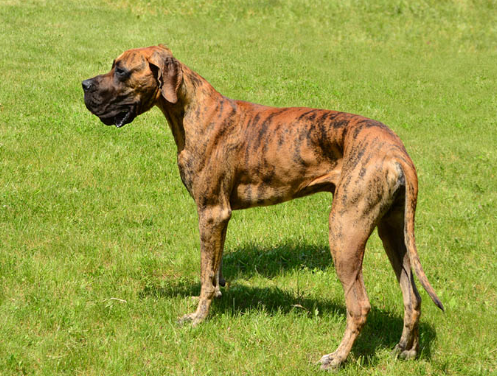Understanding Underweight Great Danes: Causes and Solutions
As proud pet owners, ensuring that our furry friends are healthy and happy is a priority. One issue that can concern Great Dane owners is when their beloved pet appears underweight. It’s important to address this problem, as it can lead to serious health issues if not tended to properly.
- Recognizing the Signs of an Underweight Great Dane
Identifying an underweight Great Dane involves observing specific physical characteristics. If you can see the dog’s ribs prominently, feel its spine without a layer of fat, or notice a pronounced waist, your dog may be underweight. Additionally, behavioral signs like lethargy, lack of energy, or changes in appetite can also indicate that something isn’t right. Regular health check-ups and monitoring your dog’s weight are essential for catching any potential issues early.
- Common Causes of Weight Loss
Several factors can contribute to a Great Dane being underweight. Medical conditions, such as diabetes, parasites, or gastrointestinal disorders, can affect a dog’s ability to absorb nutrients and maintain a healthy weight. Additionally, stress or changes in the environment, such as moving to a new home or changes in routine, can lead to weight loss. It’s crucial to work with a veterinarian to rule out any underlying health issues that may be contributing to your dog’s weight problem.
- Effective Solutions for Gaining Healthy Weight
If you determine that your Great Dane is underweight, there are effective strategies to help them gain weight. Start by adjusting their diet to include high-quality, nutrient-dense dog food tailored for large breeds. Gradually increase their portion sizes, ensuring that any changes are made consistently to avoid upsets in their digestive system. Supplements, such as omega fatty acids, can also contribute to healthier weight gain. Furthermore, regular exercise is essential; it not only improves overall health but also helps stimulate appetite. Always consult with your veterinarian before initiating any dietary changes to ensure they are appropriate for your dog’s specific needs.
In conclusion, being aware of the signs and causes of an underweight Great Dane is vital for any owner. If you suspect your pup is battling weight issues, consult your veterinarian to develop a tailored plan that promotes healthy weight gain. Every Great Dane deserves to live a happy, healthy life!
